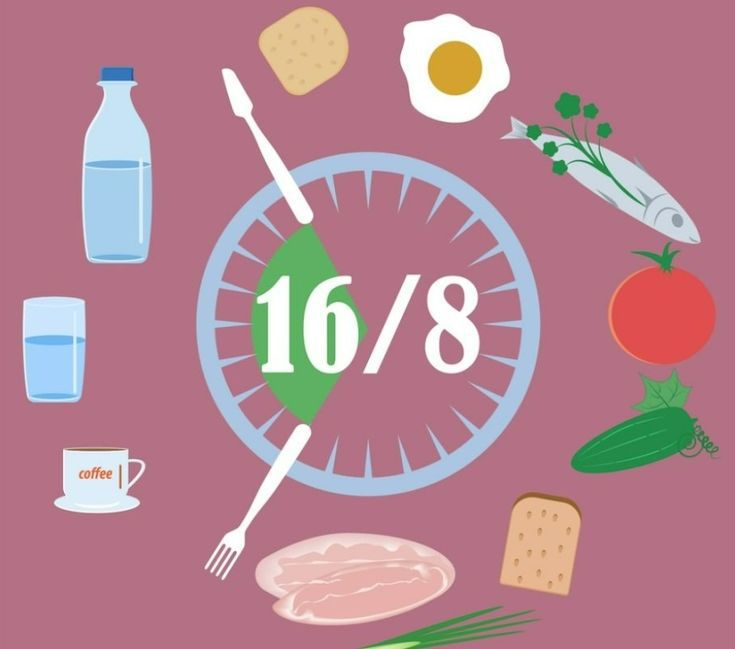
Introduction
In the world of health and wellness, trends come and go, but intermittent fasting (IF) has proven it’s more than just a passing fad. Millions of people around the globe are using it not just for weight loss, but also for better energy, improved focus, and long-term health benefits.
But what exactly is intermittent fasting? Is it safe for everyone? And how can you do it without feeling like you’re starving all day? In this guide, we’ll break down the science, benefits, risks, and best practices of IF — so you can decide if it’s right for you.
—
What is Intermittent Fasting?
Intermittent fasting is not a diet — it’s an eating pattern. Instead of focusing on what to eat, it focuses on when you eat. It alternates between periods of eating and periods of fasting.
Popular IF Methods:
1. 16:8 Method – Fast for 16 hours, eat within an 8-hour window. Example: Eat from 12 PM to 8 PM, fast from 8 PM to 12 PM next day.
2. 5:2 Diet – Eat normally 5 days a week, then consume only 500–600 calories on the other 2 days.
3. Eat-Stop-Eat – Once or twice a week, do a full 24-hour fast.
4. Alternate-Day Fasting – Eat normally one day, then fast (or eat very little) the next.
—
How Intermittent Fasting Works in the Body
When you fast, your body undergoes a few changes:
Blood sugar & insulin levels drop → making it easier to burn fat.
Growth hormone increases → helps in muscle maintenance and fat loss.
Cell repair kicks in → fasting activates autophagy, where cells clean out damaged parts.
Metabolism adjusts → your body becomes more efficient at using stored fat for energy.
In simple terms: fasting gives your digestive system a break, allowing your body to shift from “energy storage mode” to “energy burning mode.”
—
Top Benefits of Intermittent Fasting
1. Weight Loss & Fat Reduction
One of the biggest reasons people try IF is to lose weight. By shortening your eating window, you naturally eat fewer calories. Plus, fasting boosts fat-burning hormones, making it easier to shed stubborn belly fat.
2. Improved Insulin Sensitivity
IF helps lower blood sugar levels and improves insulin sensitivity, which is beneficial for preventing type 2 diabetes.
3. Better Heart Health
Studies suggest intermittent fasting may help lower LDL (“bad”) cholesterol, blood pressure, and inflammation — all important for heart health.
4. Brain Health & Focus
Fasting increases brain-derived neurotrophic factor (BDNF), which supports memory and learning. Many people report improved focus and mental clarity during fasting periods.
5. Longevity & Anti-Aging
Animal studies show that fasting can extend lifespan. While human research is still ongoing, the benefits for metabolism and cell repair suggest long-term health perks.
6. Easier Lifestyle
Fewer meals mean less meal prep and less stress about constant snacking. Many find it simpler than traditional calorie-counting diets.
—
Potential Risks & Who Should Avoid Intermittent Fasting
While IF can be beneficial, it’s not for everyone.
Avoid IF if you:
Are pregnant or breastfeeding.
Have a history of eating disorders.
Have uncontrolled diabetes or low blood sugar issues.
Are underweight or have nutrient deficiencies.
Possible Side Effects (especially in the first week):
Headaches
Irritability (“hanger”)
Low energy
Trouble concentrating
Sleep disturbances
These usually fade as your body adapts, but it’s important to listen to your body and stop if you feel unwell.
—
Best Practices for Successful Intermittent Fasting
1. Start Slowly – Begin with a 12:12 window (12 hours eating, 12 hours fasting) and gradually work toward 16:8.
2. Stay Hydrated – Drink plenty of water, black coffee, or herbal tea during fasting hours.
3. Eat Nutrient-Dense Foods – When you do eat, focus on lean protein, healthy fats, whole grains, fruits, and vegetables.
4. Avoid “Binge Eating” After Fasting – Don’t overeat junk food when your eating window starts — it cancels out the benefits.
5. Stay Active – Light exercise during fasting helps boost fat burning.
6. Be Consistent – The benefits come with regular practice, not just occasional fasting.
—
Common Myths About Intermittent Fasting
Myth 1: You’ll Lose Muscle
Not true — fasting actually increases growth hormone, which helps preserve muscle, especially if you’re strength training.
Myth 2: You’ll Feel Hungry All the Time
Hunger usually decreases as your body adjusts. Drinking water and staying busy helps.
Myth 3: Skipping Breakfast is Unhealthy
If your overall nutrition is balanced, skipping breakfast during IF won’t harm you.
Myth 4: Fasting Slows Down Your Metabolism
Short-term fasting actually boosts metabolism slightly. Long-term, extreme calorie restriction can slow it — but that’s not how IF works.
—
Sample 16:8 Schedule for Beginners
8:00 PM – Finish dinner.
8:00 PM – 12:00 PM (next day) – Fasting period (water, coffee, or tea only).
12:00 PM – First meal (high-protein, balanced).
3:00 PM – Healthy snack (fruit, nuts, yogurt).
7:30 PM – Dinner (lean protein + veggies).
—
Final Thoughts
Intermittent fasting is more than just a trend — it’s a time-tested practice with real science behind it. For many, it offers an easier, more flexible way to manage weight, improve health, and simplify eating habits.
However, it’s not a one-size-fits-all solution. If you have any medical conditions, talk to a healthcare professional before starting. And remember, the quality of your diet matters as much as the timing of your meals.
Fasting may give your body a break from constant eating — but it’s what you choose to eat during your eating window that truly determines your health.
—
I can now also add S
